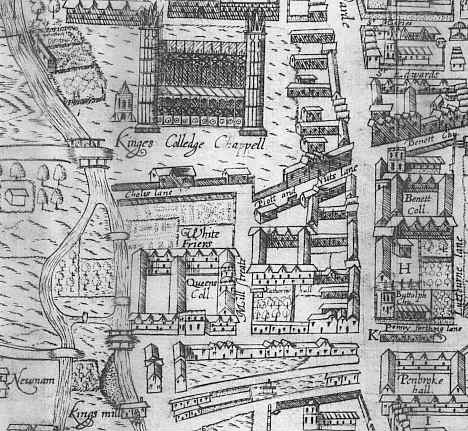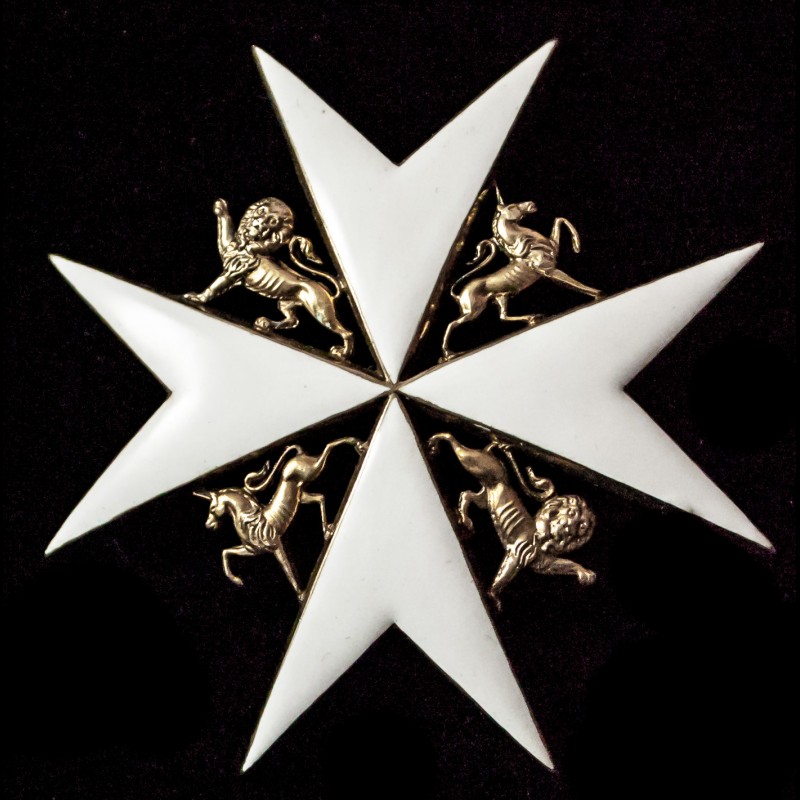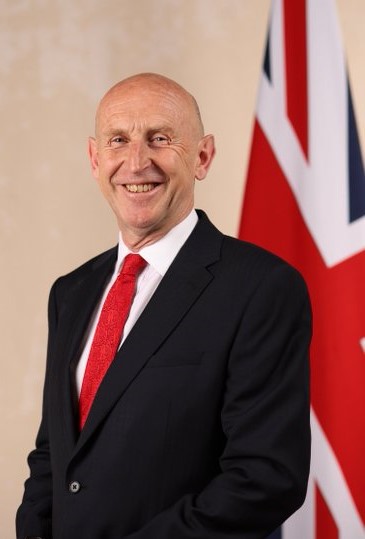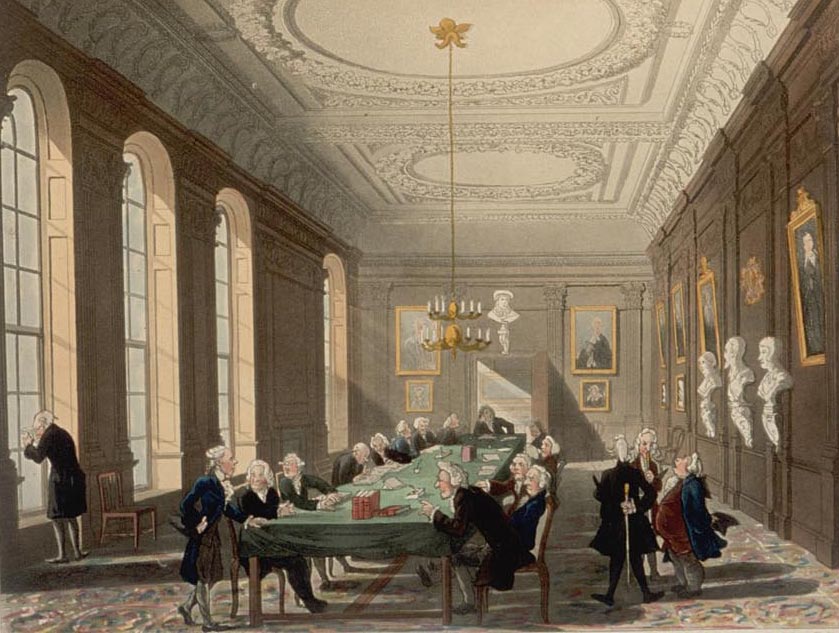|
Godfrey Milton-Thompson
Surgeon Vice Admiral Sir Godfrey James Milton-Thompson, KBE (25 April 1930 – 23 September 2012) was a senior Royal Navy officer. From 1988 to 1990, he was Surgeon-General, senior medical officer of the British Armed Forces. Early life Milton-Thompson was the younger son of the Revd James Milton-Thompson, a Church of England priest on the Wirral, Cheshire. He was educated at Eastbourne College before going to read Medicine at Queens' College, Cambridge (MA) and further medical study at St Thomas' Hospital ( MB, BChir). He was elected a Fellow of the Royal College of Physicians in 1974. Military service Milton-Thompson joined the Royal Navy in 1955, in which he saw 35 years active service. He was Surgeon General in the Ministry of Defence from 1988 to 1990. He was a Queen's Honorary Physician (QHP) from 1982 until 1990. From 1990 until 1995 he became Honorary Colonel of 211th (Wessex) Field Hospital Royal Army Medical Corps. Later life Milton-Thompson served as Hospitall ... [...More Info...] [...Related Items...] OR: [Wikipedia] [Google] [Baidu] |
Cheshire
Cheshire ( ) is a Ceremonial counties of England, ceremonial county in North West England. It is bordered by Merseyside to the north-west, Greater Manchester to the north-east, Derbyshire to the east, Staffordshire to the south-east, and Shropshire to the south; to the west it is bordered by the Welsh counties of Flintshire and Wrexham County Borough, Wrexham, and has a short coastline on the Dee Estuary. The largest settlement is Warrington. The county has an area of and had a population of 1,095,500 at the 2021 United Kingdom census, 2021 census. The areas around the River Mersey in the north of the county are the most densely populated, with Warrington, Runcorn, Widnes, and Ellesmere Port located on the river. The city of Chester lies in the west of the county, Crewe in the south, and Macclesfield in the east. For Local government in England, local government purposes Cheshire comprises four Unitary authorities of England, unitary authority areas: Cheshire East, Cheshire We ... [...More Info...] [...Related Items...] OR: [Wikipedia] [Google] [Baidu] |
Queens' College, Cambridge
Queens' College is a Colleges of the University of Cambridge, constituent college of the University of Cambridge. Queens' is one of the 16 "old colleges" of the university, and was founded in 1448 by Margaret of Anjou. Its buildings span the River Cam with the Mathematical Bridge and Silver Street connecting the two sides. College alumni include Desiderius Erasmus, who studied at the college during his trips to England between 1506 and 1515. Other notable alumni include author T. H. White, Israeli politician Abba Eban, founding father of Ghana William Ofori Atta, newsreader and journalist Emily Maitlis, actor and writer Stephen Fry, the Governor of the Bank of England Andrew Bailey (banker), Andrew Bailey, the British Member of Parliament (United Kingdom), members of Parliament Stephen Kinnock, Liz Kendall and Suella Braverman, and Fields Medallist James Maynard (mathematician), James Maynard. The college's first Nobel Prize winner is Demis Hassabis, Sir Demis Hassabis who rece ... [...More Info...] [...Related Items...] OR: [Wikipedia] [Google] [Baidu] |
Order Of The Indian Empire
The Most Eminent Order of the Indian Empire is an order of chivalry founded by Queen Victoria on 1 January 1878. The Order includes members of three classes: #Knight Grand Commander (:Knights Grand Commander of the Order of the Indian Empire, GCIE) #Knight Commander (:Knights Commander of the Order of the Indian Empire, KCIE) #Companion (:Companions of the Order of the Indian Empire, CIE) Appointments terminated after 1947, the year that Presidencies and provinces of British India, British India became the independent Dominion of India, Union of India and Dominion of Pakistan. With the death of the last surviving knight, the Meghrajji III, Maharaja Meghrajji III of Dhrangadhra, the order became dormant in 2010. The motto of the Order is ''Imperatricis auspiciis'', (Latin for "Under the auspices of the Empress"), a reference to Queen Victoria, the first Emperor of India, Empress of India. The Order is the junior British order of chivalry associated with the British Indian Empir ... [...More Info...] [...Related Items...] OR: [Wikipedia] [Google] [Baidu] |
Chairman
The chair, also chairman, chairwoman, or chairperson, is the presiding officer of an organized group such as a board, committee, or deliberative assembly. The person holding the office, who is typically elected or appointed by members of the group or organisation, presides over meetings of the group, and is required to conduct the group's business in an orderly fashion. In some organizations, the chair is also known as '' president'' (or other title). In others, where a board appoints a president (or other title), the two terms are used for distinct positions. The term chairman may be used in a neutral manner, not directly implying the gender of the holder. In meetings or conferences, to "chair" something (chairing) means to lead the event. Terminology Terms for the office and its holder include ''chair'', ''chairman'', ''chairwoman'', ''chairperson'', ''convenor'', ''facilitator'', '' moderator'', ''president'', and ''presiding officer''. The chair of a parliamentary chamb ... [...More Info...] [...Related Items...] OR: [Wikipedia] [Google] [Baidu] |
Venerable Order Of St John
The Most Venerable Order of the Hospital of Saint John of Jerusalem (), commonly known as the Order of St John, and also known as St John International, is an order of chivalry constituted in 1888 by royal charter from Queen Victoria and dedicated to St John the Baptist. The order traces its origins back to the Knights Hospitaller in the Middle Ages, the oldest surviving chivalric order which is generally considered to be founded in Jerusalem in 1099, which was later known as the Order of Malta. A faction of them emerged in France in the 1820s and moved to Britain in the early 1830s, where, after operating under a succession of grand priors and different names, it became associated with the founding in 1882 of the St John Ophthalmic Hospital near the old city of Jerusalem and the St John Ambulance Brigade in 1887. The order is found throughout the Commonwealth of Nations, Hong Kong, the Republic of Ireland, and the United States of America, with the worldwide mission "to ... [...More Info...] [...Related Items...] OR: [Wikipedia] [Google] [Baidu] |
Knight Hospitaller
The Order of Knights of the Hospital of Saint John of Jerusalem, commonly known as the Knights Hospitaller (), is a Catholic military order. It was founded in the crusader Kingdom of Jerusalem in the 12th century and had headquarters there until 1291, thereafter being based in Kolossi Castle in Cyprus (1302–1310), the island of Rhodes (1310–1522), Malta (1530–1798), and Saint Petersburg (1799–1801). The Hospitallers arose in the early 12th century at the height of the Cluniac movement, a reformist movement within the Benedictine monastic order that sought to strengthen religious devotion and charity for the poor. Earlier in the 11th century, merchants from Amalfi founded a hospital in Jerusalem dedicated to John the Baptist where Benedictine monks cared for sick, poor, or injured Christian pilgrims to the Holy Land. Blessed Gerard, a lay brother of the Benedictine order, became its head when it was established. After the Christian conquest of Jerusalem in 1099 d ... [...More Info...] [...Related Items...] OR: [Wikipedia] [Google] [Baidu] |
Royal Army Medical Corps
The Royal Army Medical Corps (RAMC) was a specialist corps in the British Army which provided medical services to all Army personnel and their families, in war and in peace. On 15 November 2024, the corps was amalgamated with the Royal Army Dental Corps and Queen Alexandra's Royal Army Nursing Corps to form the Royal Army Medical Service. History Origins Medical services in the British armed services date from the formation of the British Army#The Founding of the Army, Standing Regular Army after the English Restoration, Restoration of Charles II of England, Charles II in 1660. Prior to this, from as early as the 13th century there are records of surgeons and physicians being appointed by the English army to attend in times of war; but this was the first time a career was provided for a Medical Officer (MO), both in peacetime and in war. For much of the next two hundred years, army medical provision was mostly arranged on a regimental basis, with each battalion arranging its o ... [...More Info...] [...Related Items...] OR: [Wikipedia] [Google] [Baidu] |
211th (Wessex) Field Hospital
The 211 (Wessex) Field Hospital was a field hospital of the British Army forming part of the Royal Army Medical Corps. Formed in 1967 and disbanded in 1996, the hospital's remaining detachments continue to serve in its successor unit, the 243 (The Wessex) Field Hospital. History Background In 1967, as a result of the 1966 Defence White Paper, the Territorial Army (TA) was completely reorganised with many of the old units with long and distinguished histories reduced to company and platoon sizes and merged into new smaller units. Among the changes was the creation of the Territorial and Army Volunteer Reserve (TAVR), which was divided into three categories: TAVR I (The 'Ever-readies', ready for United Nations commitments and would serve to bring the Regular Army to war establishment, replace casualties, and be ready for rapid deployment); TAVR II (these units were to give the Regular Army administrative units not needed in peacetime). They would serve to bring the establis ... [...More Info...] [...Related Items...] OR: [Wikipedia] [Google] [Baidu] |
Colonel (United Kingdom)
Colonel (Col) is a rank of the British Army and Royal Marines, ranking below Brigadier (United Kingdom), brigadier, and above Lieutenant colonel (United Kingdom), lieutenant colonel. British colonels are not usually field commanders; typically they serve as Staff (military), staff officers between field commands at battalion and brigade level. The insignia is two diamond-shaped British Army officer rank insignia, pips (properly called Order of the Bath, "Bath Stars") below a crown. The crown has varied in the past with different monarchs; Elizabeth II of the United Kingdom, Elizabeth II's reign used St Edward's Crown. The rank is equivalent to Captain (Royal Navy), captain in the Royal Navy and group captain in the Royal Air Force. Etymology The rank of colonel was popularised by the tercios that were employed in the Spanish Army during the 16th and 17th centuries. General Gonzalo Fernández de Córdoba divided his troops into ''coronelías'' (meaning "column of soldiers" from t ... [...More Info...] [...Related Items...] OR: [Wikipedia] [Google] [Baidu] |
Medical Household
The Medical Household is the medical part of the Royal Household of the Sovereign of the United Kingdom. Overview Current roles include a Personal Doctor to the King and Queen, Physician to the King, a Serjeant Surgeon, Apothecaries to the King, Occulist to the King, Dentist to the King, Orthopaedic Surgeon to the King and Surgeon Gynaecologist to the Queen. There are also a number of appointments of physicians and surgeons to other members of the Royal Household. These include Apothecaries to all the Royal Households at Buckingham Palace, Windsor, Sandringham, Balmoral, Palace of Holyrood and Highgrove. A travelling physician accompanies Their Majesties on overseas tours. Medical arrangements at Buckingham Palace are overseen by a Chief Nursing Officer. Parity of respect is an important principle underlying the Household's work, with GPs, specialists, nurses and allied professionals working as equals within an integrated team. Honorary positions Eminent physicians and ... [...More Info...] [...Related Items...] OR: [Wikipedia] [Google] [Baidu] |
Ministry Of Defence (United Kingdom)
The Ministry of Defence (MOD or MoD) is a Departments of the Government of the United Kingdom, ministerial department of the Government of the United Kingdom. It is responsible for implementing the defence policy set by the government and serves as the headquarters of the British Armed Forces. The MOD states that its principal objectives are to defend the United Kingdom of Great Britain and Northern Ireland and its interests and to strengthen international peace and stability. The MOD also manages day-to-day running of the armed forces, contingency planning and defence procurement. The expenditure, administration and policy of the MOD are scrutinised by the Defence Select Committee, except for Defence Intelligence which instead falls under the Intelligence and Security Committee of Parliament. History During the 1920s and 1930s, British civil servants and politicians, looking back at the performance of the state during World War I, concluded that there was a need for greater ... [...More Info...] [...Related Items...] OR: [Wikipedia] [Google] [Baidu] |
Fellow Of The Royal College Of Physicians
The Royal College of Physicians of London, commonly referred to simply as the Royal College of Physicians (RCP), is a British professional membership body dedicated to improving the practice of medicine, chiefly through the accreditation of physicians by examination. Founded by royal charter from King Henry VIII in 1518, as the College of Physicians, the RCP is the oldest medical college in England. The RCP's home in Regent's Park is one of the few post-war buildings to be listed at Grade I. In 2016 it was announced that the RCP was to open new premises in Liverpool at The Spine, a new building in the Liverpool Knowledge Quarter. The Spine opened in May 2021. History The college was incorporated as "the President and College or Commonalty of the Faculty of Physic in London" when it received a royal charter in 1518, affirmed by Act of Parliament in 1523. It is not known when the name "Royal College of Physicians of London" was first assumed or granted. It came into use aft ... [...More Info...] [...Related Items...] OR: [Wikipedia] [Google] [Baidu] |





